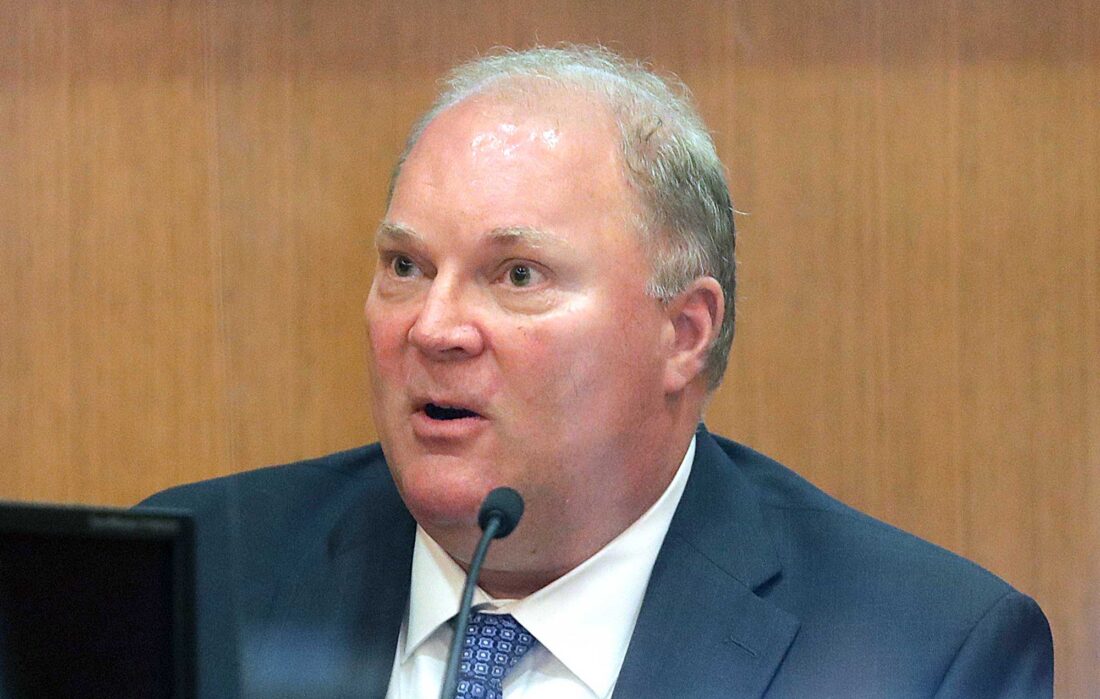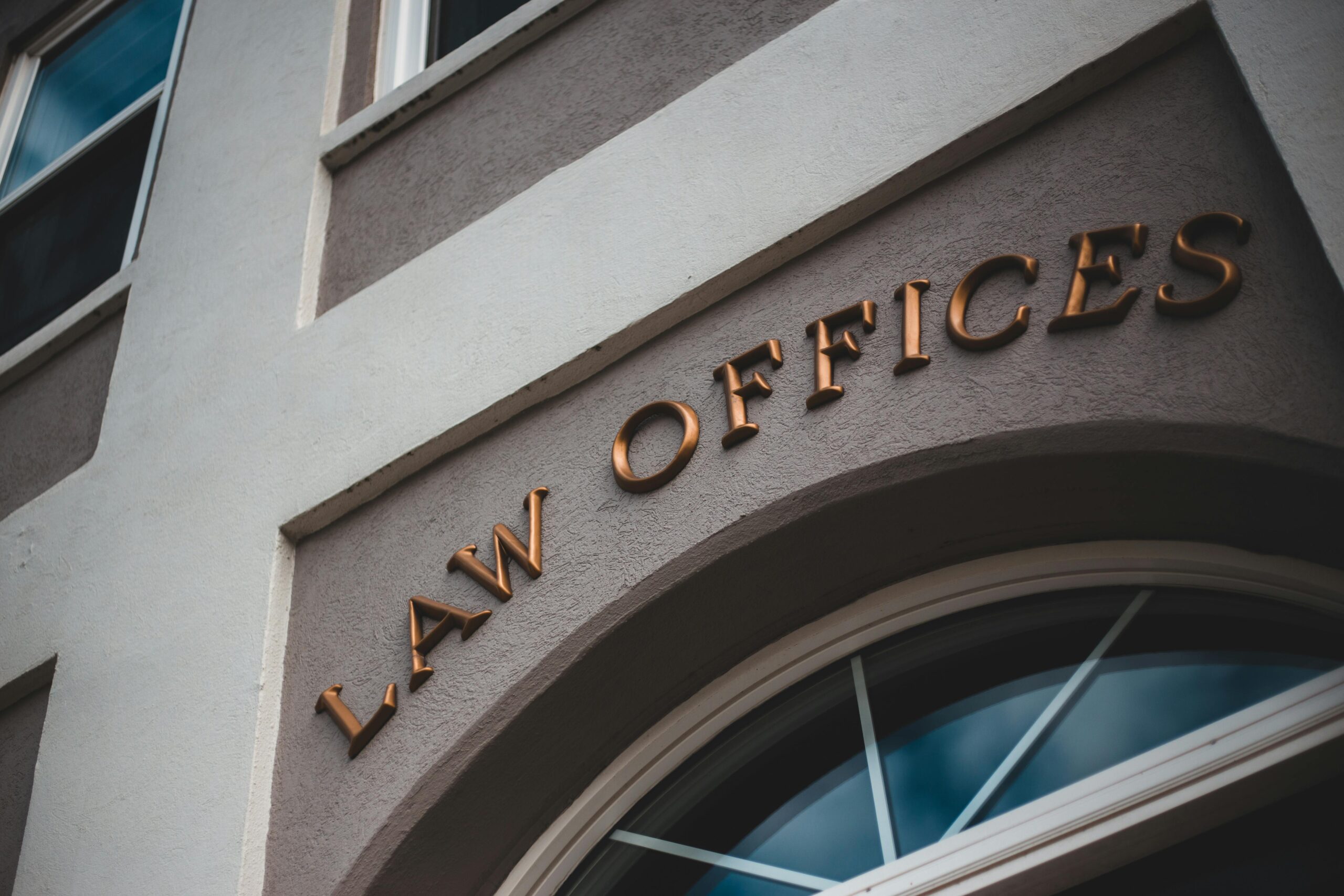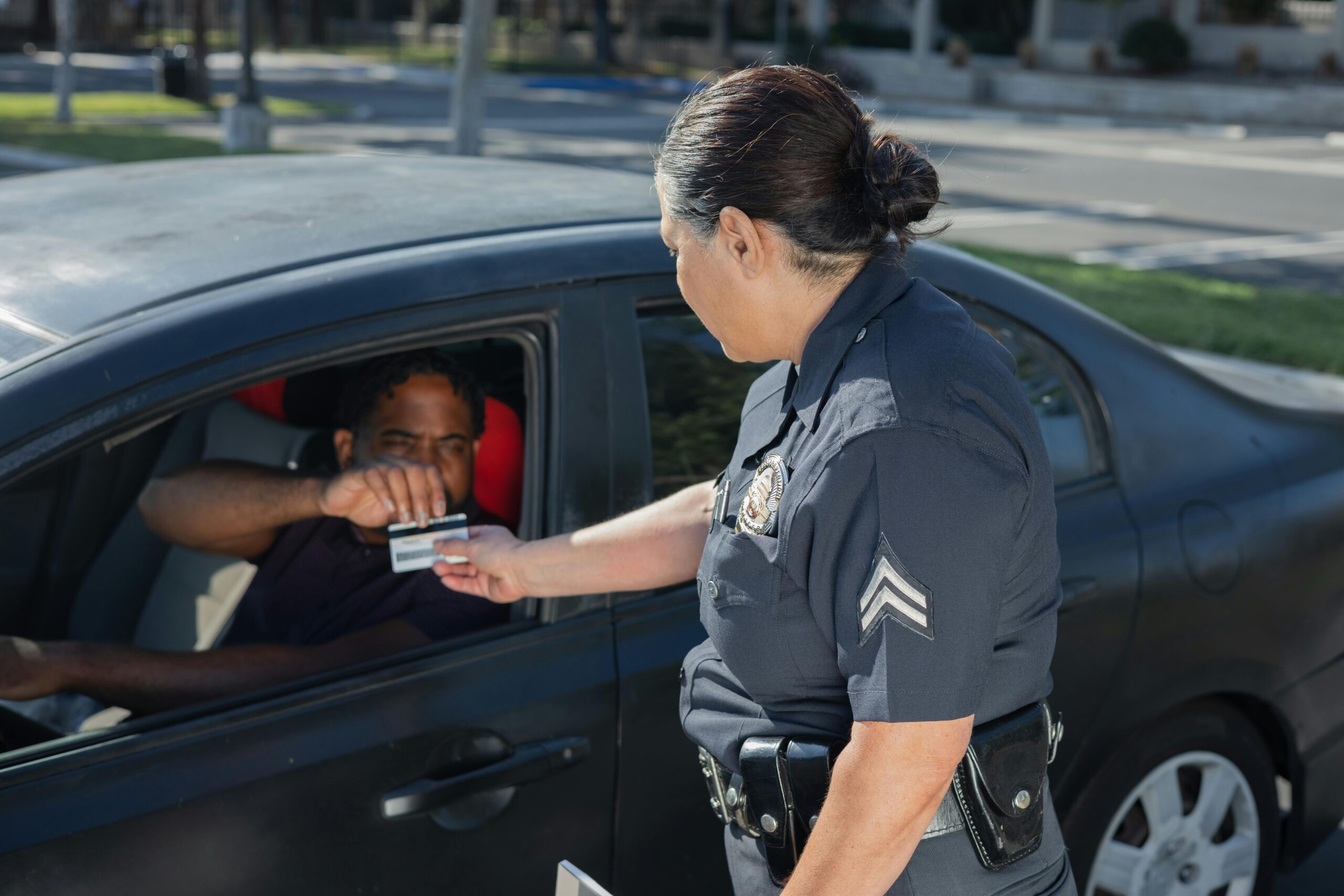
Michael Gableman law license surrender over ethics violations
Recent cases like michael gableman law license surrender highlight the importance of professional accountability in the legal system. The legal profession operates under strict ethical guidelines and professional standards designed to protect the public and maintain the integrity of the justice system. When attorneys fail to meet these standards, disciplinary actions can result in various consequences, including license suspension, revocation, or voluntary surrender. Cases such as michael gableman law license surrender serve as important examples of how disciplinary mechanisms maintain public trust in the legal system.
The Framework of Attorney Discipline
Professional Responsibility Standards
Legal professionals are bound by comprehensive codes of professional conduct that govern their behavior both in and out of the courtroom. These standards address client confidentiality, conflicts of interest, competent representation, and honest dealings with courts and opposing parties. Violations can result in disciplinary proceedings that may affect an attorney’s ability to practice law.
Types of Disciplinary Actions
Attorney disciplinary systems typically employ several levels of sanctions based on the severity of misconduct. Minor violations may result in private reprimands or continuing education requirements, while serious misconduct can lead to suspension or disbarment. In some cases, attorneys may choose to voluntarily surrender their licenses rather than face formal disciplinary proceedings.
The Process of License Surrender
Voluntary vs. Involuntary Actions
License surrender can occur through voluntary action by the attorney or as a result of formal disciplinary proceedings. Voluntary surrender often happens when attorneys recognize they have violated professional standards and choose to relinquish their licenses rather than contest formal charges. This decision can sometimes result in less severe long-term consequences compared to disbarment following a contested hearing.
Legal and Professional Implications
When an attorney surrenders their license, they lose the right to practice law and represent clients. This action typically requires notification to current clients, transfer of pending cases, and compliance with various administrative requirements. The surrender is usually recorded with the state bar association and becomes part of the attorney’s permanent disciplinary record.
Impact on Legal Practice and Clients
Client Protection Measures
Attorney disciplinary systems include protections for clients when their lawyers face disciplinary action. These measures may include client notification requirements, assistance with case transfers, and access to client protection funds that can compensate for certain types of attorney misconduct involving client funds.
Professional Reputation Consequences
License surrender significantly impacts an attorney’s professional reputation and future career prospects. Even if the attorney later seeks to restore their license, the disciplinary record remains and may affect their ability to practice law in other jurisdictions or pursue related legal careers.
The Broader Legal System Context
Maintaining Public Trust
Attorney discipline serves the crucial function of maintaining public confidence in the legal system. When legal professionals are held accountable for misconduct, it demonstrates that the profession takes ethical obligations seriously and works to protect the public from incompetent or dishonest practitioners.
Professional Standards Evolution
High-profile disciplinary cases, including situations like michael gableman law license surrender, often lead to discussions about professional standards and whether existing rules adequately address emerging ethical challenges. These cases can result in revisions to professional conduct rules and improvements to disciplinary procedures.
Investigation and Disciplinary Procedures
Initial Complaint Process
Disciplinary proceedings typically begin with complaints filed by clients, other attorneys, judges, or members of the public. These complaints are investigated by professional responsibility boards or similar regulatory bodies that determine whether formal charges should be filed.
Due Process Protections
Attorneys facing disciplinary action are entitled to various due process protections, including the right to legal representation, the opportunity to respond to charges, and hearings before neutral decision-makers. These protections ensure that disciplinary actions are based on evidence and follow established procedures.
Restoration and Rehabilitation
License Reinstatement Procedures
Attorneys who have surrendered or lost their licenses may sometimes seek reinstatement through formal procedures. These typically require demonstrating rehabilitation, compliance with any imposed conditions, and meeting current professional standards. The reinstatement process can be lengthy and demanding.
Professional Development Requirements
Restoration of law licenses often includes requirements for continuing legal education, ethics training, or other professional development activities designed to ensure the attorney is prepared to practice competently and ethically.
Public Access to Disciplinary Information
Transparency in Attorney Regulation
The michael gableman law license surrender case exemplifies how attorney disciplinary systems maintain public records of professional accountability actions to help consumers make informed decisions when selecting legal representation. These databases typically include information about suspensions, disbarments, and license surrenders.
Professional Responsibility Resources
Legal professionals and the public can access various resources about attorney ethics and disciplinary procedures through state bar associations, continuing education providers, and professional responsibility organizations.
Frequently Asked Questions
What does it mean when an attorney surrenders their law license?
License surrender means an attorney voluntarily gives up their right to practice law, effectively ending their legal career in that jurisdiction. This action is permanent unless the attorney later successfully petitions for license restoration, which requires meeting strict requirements and demonstrating rehabilitation.
Can an attorney who surrendered their license practice law again?
In some cases, attorneys may petition for license restoration after meeting specific requirements, including demonstrating rehabilitation, completing continuing education, and waiting a prescribed period. However, restoration is not guaranteed and depends on the circumstances of the original surrender and the attorney’s subsequent conduct.
How does license surrender differ from disbarment?
License surrender is typically voluntary, while disbarment is imposed following formal disciplinary proceedings. Both result in loss of the right to practice law, but the circumstances and potential for restoration may differ depending on the jurisdiction and specific situation.
What happens to an attorney’s clients when they surrender their license?
Attorneys must notify their clients about the license surrender and arrange for the transfer of cases to other qualified attorneys. Professional responsibility rules require proper handling of client matters, including returning client files and any unearned fees.
Are there financial consequences for license surrender?
License surrender can result in significant financial consequences, including loss of income from legal practice, costs associated with case transfers, and potential liability for client damages. Some attorneys may also face restitution requirements as part of disciplinary proceedings.
How can the public verify an attorney’s license status?
Most state bar associations maintain online databases where the public can check attorney license status, including information about disciplinary actions, suspensions, and surrenders. These resources help consumers verify that attorneys are in good standing before hiring them.
What protections exist for clients of attorneys facing discipline?
Client protection measures may include notification requirements, assistance with case transfers, access to client protection funds for certain financial losses, and procedures for ensuring proper handling of client matters during disciplinary proceedings.
Can an attorney practice in other states after surrendering their license?
License surrender typically affects only the specific jurisdiction where the action occurred. However, attorneys must disclose disciplinary actions when applying for licenses in other states, and many jurisdictions have reciprocal discipline rules that may result in similar actions.
What role do professional responsibility organizations play in attorney discipline?
Professional responsibility organizations, including state bar associations and disciplinary boards, investigate complaints, prosecute disciplinary cases, and impose sanctions. They serve as regulatory bodies that enforce ethical standards and protect the public from attorney misconduct.
How long does the disciplinary process typically take?
The timeline for disciplinary proceedings varies widely depending on the complexity of the case, the jurisdiction’s procedures, and whether the attorney contests the charges. Simple cases may be resolved in months, while complex matters can take years to complete.
What evidence is considered in disciplinary proceedings?
Disciplinary boards consider various types of evidence, including client complaints, court records, financial documentation, witness testimony, and the attorney’s response to charges. The burden of proof and evidentiary standards vary by jurisdiction and type of proceeding.
Are disciplinary proceedings public?
The publicity of disciplinary proceedings varies by jurisdiction and stage of the process. Initial investigations are often confidential, but formal charges and final disciplinary actions are typically public records. This transparency helps maintain accountability while protecting attorneys from unfounded allegations during investigations.